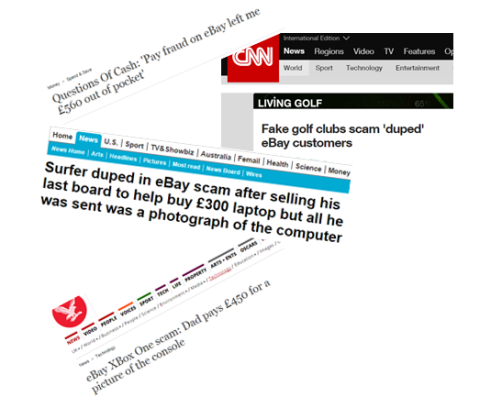Identity Crisis: Me, Myself and I.
“Having two identities for yourself is an example of a lack of integrity.” Mark Zuckerberg
Your online identity is a collection of your characteristics and your interactions on the web (Internet Society, 2015) . We are now in an age where we are more concerned than ever with real identities (Krotoski, 2012) and anonymity is perhaps an ageing concept. A single online identity is advantageous if you want people to be able to connect to all aspect of your identity, old or new, with ease online. A single identity links your past and present, it’s no longer as easy as it used to be to have segmented identities. The argument for a single identity is that any other options raise doubts of your openness, uniqueness and honesty (Costa and Torres, 2011). Since it’s seen as a dishonest practice to hold multiple online identities and there are various companies that can manage your online reputation.Is there any reason to hold multiple online identities?
Multiple online identities are created for varying reasons and not all of them are to dupe the unsuspecting victim. Often they are created for security reasons and with the lack of legal protection online it seems this can often be a wise choice. Andrew Lewman argues for anonymity on the web to promote creativity. His podcast on the relationship between identity and privacy discusses the application of Tor software as a way of improving security and privacy and enabling users ‘selective invisibility’ (Krotoski, 2012). Lewman understand that the software can be misused and often the darker side of anonymity is evident. Whilst Zittrain (2010) discusses how eBay could use a little less anonymity and that multiple identities can easily be linked to criminal activity.
Rosen (2010) highlights another argument for multiple identities: if our identities offline change in different contexts (social, professional or academic) why should this not be the case online? The success of Yammer as social network used solely by business suggest that some employers promote multiple identities and the clear separation of professional and social identities online.
Projects like STAGE (though still in development) are emerging with the aim of catering for legitimate users of multiple online identities as shown in the video above. Figure 1 shows why people need to manage their online identities.
Jarvis (2011) believes that we should be less concerned with identities and focus more on the societal norms online so that risks associated with single identities are reduced. This topic is multifaceted and though not discussed here has links to research in sociology, psychology and education but to name a few. Watch the TEDX lecture below for an overview on the psychology of multiple online identities.
Costa, C. and Torres, R. (2011). To be or not to be, the importance of Digital Identity in the networked society. Educação, Formação & Tecnologias, University of Salford.
Internet Society (2015). Manage Your Identity. Accessed on: 20/02/2015
Jarvis, J. (2011) One identity or more? Accessed on: 19/02/2015
Krotoski, A. (2012). Online identity: is authenticity or anonymity more important? The Guardian.
Rosen, J. (2010) The web means the end of forgetting. The New York Times Magazine.
STAGE (2013) Digital service system for online identity management. Accessed on: 19/02/2015
Zittrain, J. (2010). Reputation Bankruptcy. The Future of the Internet and How to Stop It, Harvard Law School.


